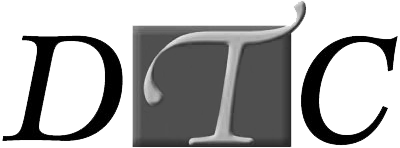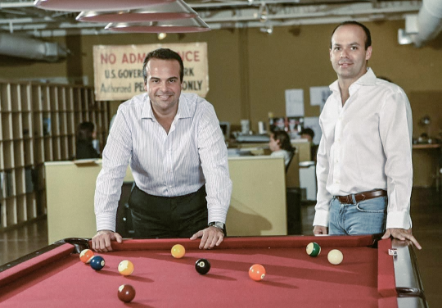Iconic ‘Sábado Gigante,’ longest-running variety show on TV, to sign off
Sábado Gigante, the popular Spanish-language variety show whose host, Don Francisco, became a beloved and iconic figure to U.S. Hispanics during the show’s 53-year run, is being canceled, parent company Univision announced Friday. The show’s final broadcast will be Sept. 19.
A singular mix of skits, jokes, advertising jingle singalongs and musical performances, as well as Don Francisco’s interviews with newsmakers that included U.S. and Latin American presidents. Sábado Gigante has been an institution for generations of U.S. Hispanics. For many, gathering to watch the three-hour Saturday broadcast has been a family ritual.
The network declined to say why it is ending the show. According to Univision, Sábadois watched in 42 countries across the Americas and Europe. The Guiness Book of Records says it is the longest-running variety show on TV, airing continuously for 2,600 weeks. Don Francisco has missed only one broadcast, in 1974, when his mother died.
The show’s reach has slipped in recent years. A Nielsen report on the current season provided by Univision showed 2 million total viewers for Sábado. In 2012, the show averaged 2.9 million total viewers, according to an article on the Emmy Awards website. Of the current viewers, 828,000 were adults 18 to 49, and 359,000 were adults 18 to 34, the demographics advertisers most want to reach.
The announcement said Don Francisco would continue to host specials and charity campaigns. Neither the star nor company executives were available for comment.
“It’s a shame that the show is ending,” says Daisy Horta, 77, a local viewer who has been watching Sábado Gigante for decades and once won $500 in an on-air contest. “It’s the only show worth watching for me.”
The show’s charismatic heart is Don Francisco, 74, real name Mario Kreutzberger, whose Jewish parents fled to Chile from Nazi Germany. Kreutzberger, who got his first glimpse of television when he was 19, started out as a stand-up comedian and kept his sense of humor and his instincts for appealing to an audience. Among Sabado Gigante’s popular long-running set pieces were a “kids say the darnedest things” type segment and another reuniting long-separated families. Recently the show added a social media anchor to incorporate Facebook posts and Twitter chatter.
Kreutzberger also created and hosts an annual telethon benefiting disabled children that raises tens of millions of dollars every year.
“He’s the type of magnetic personality who appeals to everyone, from children to the elderly,” says Jorge Plasencia, CEO of Miami-based advertising agency Republica and a former Univision radio executive, who counts Kreutzberger as a friend and mentor. “It’s amazing the power of his celebrity.”
Kreutzberger launched Sábado Gigante in 1962 in Chile, where it became popular. In 1986, Univision president Joaquin Blaya brought the show to Miami, where it became key to his vision for the infant network as a national platform for the emerging community of U.S. Hispanics.
“I was looking for the Ed Sullivan show for Hispanics,” says Blaya, who was president of the network from 1971 to 1992 and also launched Cristina Saralegui’s talk show, the news broadcast Primer Impacto, and Premio Lo Nuestro, the first Latin music awards show in the United States. “It was important to build Hispanic product in America — that is what made Univision. It grew with the Hispanic community, but it also helped the growth, the self-respect of the Hispanic community.”
Blaya, who is also Chilean and as a young man was a singer who appeared on Sabadothere, was confident that Kreutzberger, then 46, could make the leap to a new country.
“He is a unique talent — his commitment is second to none,” Blaya says. “I have never seen anyone work with the same intensity and passion now as 35 years ago.”
Univision and Sábado Gigante are not only struggling with the challenges facing all networks, such as a move to online viewing, but with a Hispanic audience whose demographics, language preference and cultural identity have always been difficult to pin down, says Veronica Villafañe, editor and publisher of Media Moves, a website that covers Hispanic media.
“Something all Spanish language networks are struggling with is who is the audience?” says Villafañe. “Univision is facing a changing audience, a younger audience that likely would not be tuning into Sábado Gigante because they wouldn’t be tuning into TV anyways.”
In the past several years the network has been putting younger faces on air, says Villafañe, who notes that the Cristina show, whose host is now 67, ended in 2010, and that Univision has experimented with putting younger co-hosts alongside Kreutzberger.
The cancellation of Sábado Gigante may also have financial motivations that have nothing to do with ratings. The private equity firms that bought Univision for $12.3 billion in 2007, including Madison Dearborn Partners and Saban Capital, are reported to be selling the company in an initial public offering, possibly late this year. One television industry source said that canceling Sábado Gigante, which is expensive to produce, and other cost-cutting moves, such as firing staffers in Puerto Rico and canceling local newscasts in Texas, are part of an effort to trim expenses so the company will appear more profitable and more attractive to potential buyers.
“Univision needs ratings, but they need to show they can operate with a lower overhead,” says Villafañe. “They’re still No. 1. So how can they leverage that to another buyer?”
Source: Miami Herald writer Alexi C. Cardona contributed to this report.






























